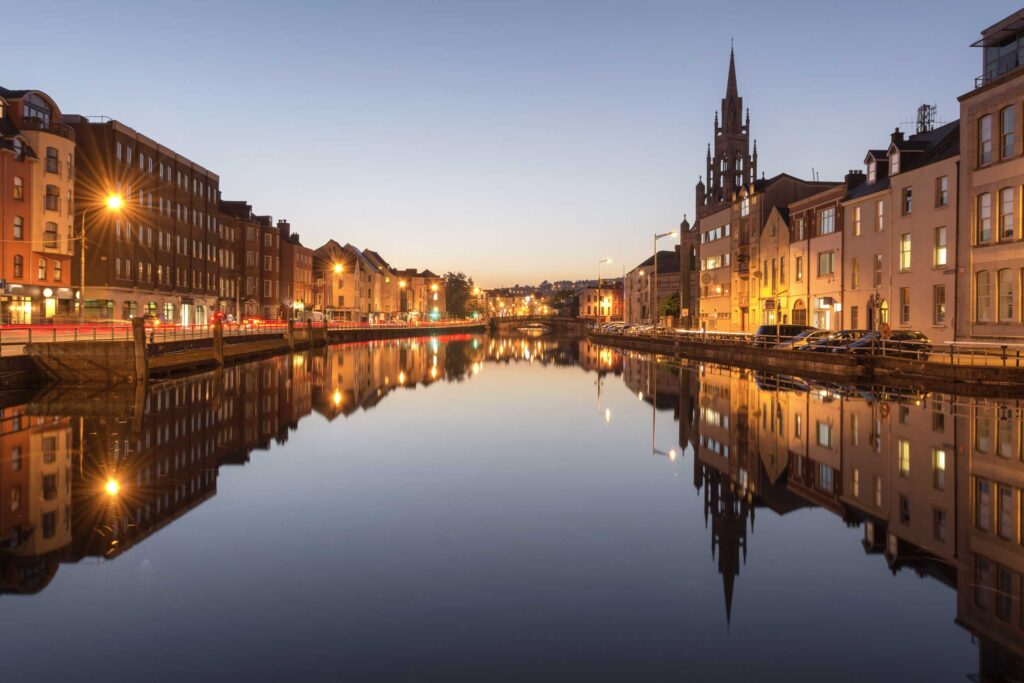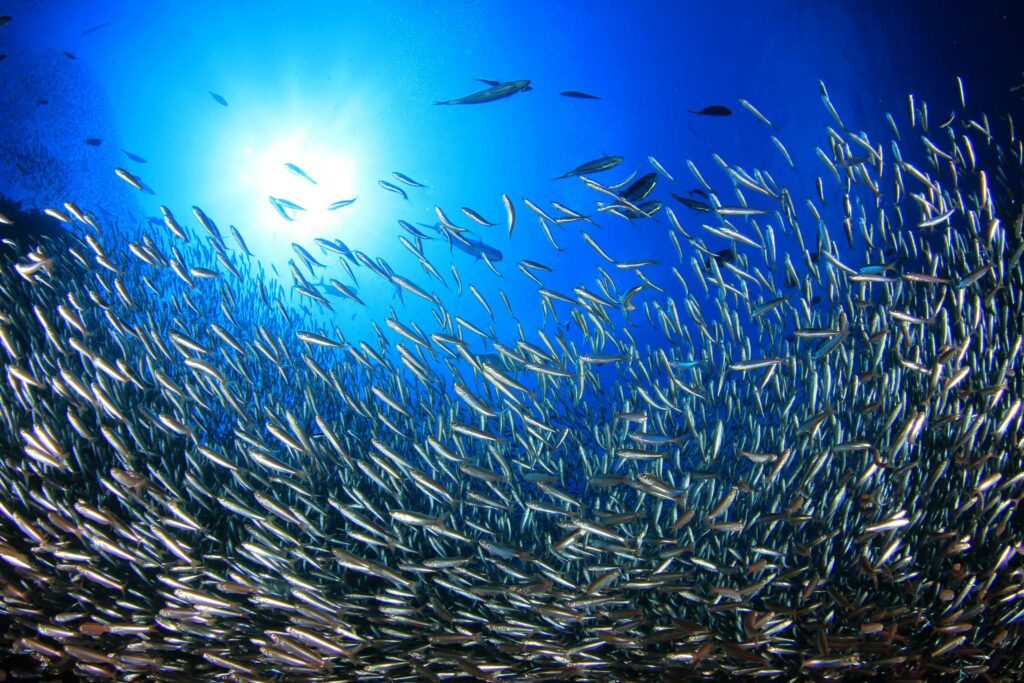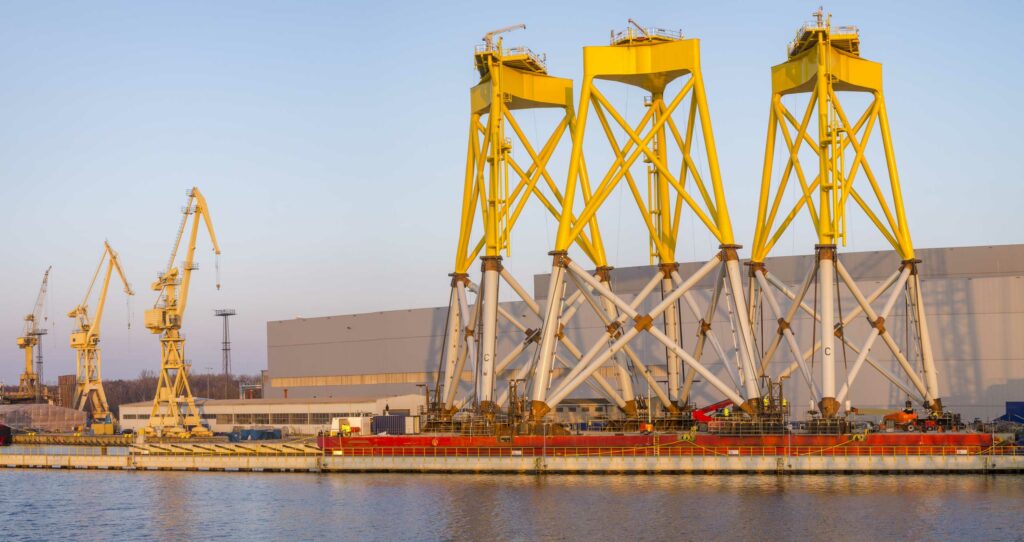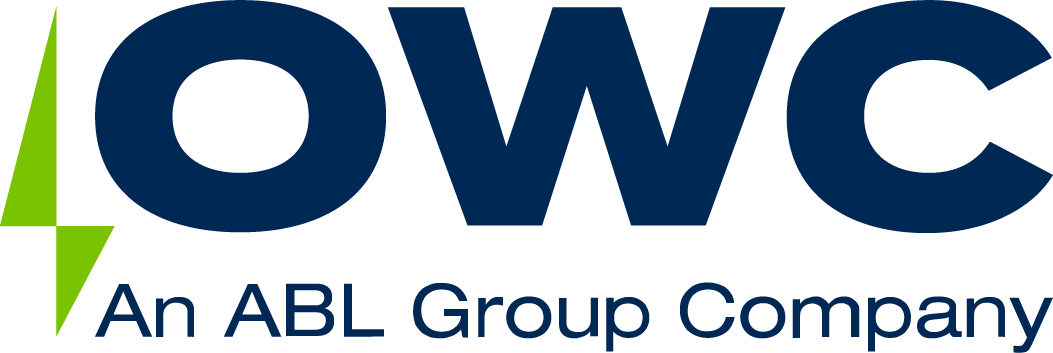Seafarer’s Offshore Renewable Energy (ORE) Conference 2022
Marine challenges and recommendations on the path to Ireland’s 5GW
OWC Ireland’s Country Manager, Claire Atkins, last week attended Cork’s Seafarer ORE Conference 2022. Here she discusses some takeaways from the conference, the opportunity that lies ahead for Irish offshore renewable energy, and the potential barriers to look out for from a marine perspective.

Ireland’s considerable potential for offshore renewable energy (ORE) is clear and was extensively discussed throughout the conference. Its pipeline of projects, if realised, will comfortably contribute to the country’s carbon-neutral targets, including for 80% of the country’s electricity and 40% total energy consumption to be from renewable energy sources by 2030. Central to delivering on these targets is the delivery of 5GW of offshore wind capacity by the end of the decade. Beyond that, the government is looking at up to 35GW of offshore wind capacity by 2050, considering Ireland’s beneficial geographical positioning and wind resource. However, as with any new markets, there are a number of barriers to consider, including those from a marine perspective.
Ireland’s fisheries
Ireland currently has one installed offshore wind farm of around 25 MW. To ramp up to 5GW in a relatively short space of time is not straightforward and will potentially have an impact on the local marine environment if proper planning and regulation are not implemented in advance and if lessons are not learnt from other countries.

One impact area to watch out for, is Ireland’s fisheries – a critical industry for the country, which plays a key role in supporting not only the local economy and Ireland’s export business, but also in promoting local culture and communities. Many coastal and fishing communities are Irish or Gaeltacht speaking. Therefore, in developing the ORE industry, there is cultural as well as economical significance in ensuring local fisheries are not negatively impacted. Rather, ORE should consider what role it can play in supporting those coastal communities to thrive. Besides, considering recommendations such as those from the EirWind project would be a way forward.
Considering that current pipeline projects are located within prime fishing areas, it is also vital that a pathway for open dialogue is established between the ORE and fishing industries. To make this happen, a steering or working group between the two industries, with an impartial chair, is crucial to ensuring continuous bilateral dialogue to discuss and resolve points of concern. This week Minister Darragh O’Brien TD invited candidates to come forward for appointment of Chairperson to the Seafood-Offshore Renewable Energy working group. A step in the right direction and an appointment which needs to progress quickly.
Marine Protected Areas (MPA)
At present the % of Ireland’s maritime space designated as a marine protected area (MPA) is below the international standard of 10%. The designation of MPAs are necessary to protect biodiversity and ensure sustainability in an ever-changing climate. The programme for government has a target to firstly assign 10% and thereafter to assign 30% of the space as MPAs by 2030.
So as to meet those objectives, whilst also meeting the country’s green power objectives, it is essential that MPAs are designated as soon as possible, so developers can realise their projects with a clear understanding of the area in which they are developing. Developers and relevant stakeholders need to have the necessary environmental information at their fingertips.
Is the marine supply chain ready to take the 5GW on?

A typical hurdle to overcome in any new market, is the local supply chain and to what extent it is tooled up to meet the rigorous demands of the upcoming construction schedule. From a marine angle, expanding to 5GW within the next 8 years, will put considerable demands on ports, vessels, and marine capabilities and resource.
Ireland is famous for its historical port industry. However, is it suitable for requirements for fixed and floating offshore wind development? To deliver development to the planned scale, Ireland will need multiple suitable ports, which means considerable industrialisation to get ready, and significant CAPEX in a much nearer timeframe.
As with ports, the congested construction schedule from now to 2030 will put strain on Ireland’s availability of a relevant fleet. Whilst green energy targets are meant to create opportunity for the local supply chain, without a rigorous ship building and marine conversion campaign, Ireland’s fleet would likely need to be supported by international vessels to meet construction schedules. This raises questions regarding additional certification needed, which also takes time.
Lastly, as a new market, the availability of the relevant skillset is not always so easy to come by. Ireland needs to be aggressively promoting education, training, and certification in maritime jobs to ensure the maritime community has the capabilities to meet upcoming demands.
Conclusion
Ireland’s offshore renewable potential without a doubt expands well beyond its 2030 targets, with potential to set the country out as a major contributor to global climate goals in the long run, as well as providing energy independence and security. In the short run, however, there are a number of critical elements in the marine industry, which need careful consideration and discussion if the country’s ORE industry is to be truly sustainable.
Ireland has a unique historical legacy in maritime, with cultural significance attached to marine industries, such as fisheries and ports. Government and developers need to ensure these marine stakeholders are actively engaged in today’s discussions. Detailed due diligence is needed to assess the national port infrastructure, to identify early on shortfalls and a roadmap to resolving them. And lastly, a quick designation of the MPAs is needed, so that upcoming projects are developed as efficiently and sustainably for the local environment.

Claire Atkins
OWC Ireland Country Manager
